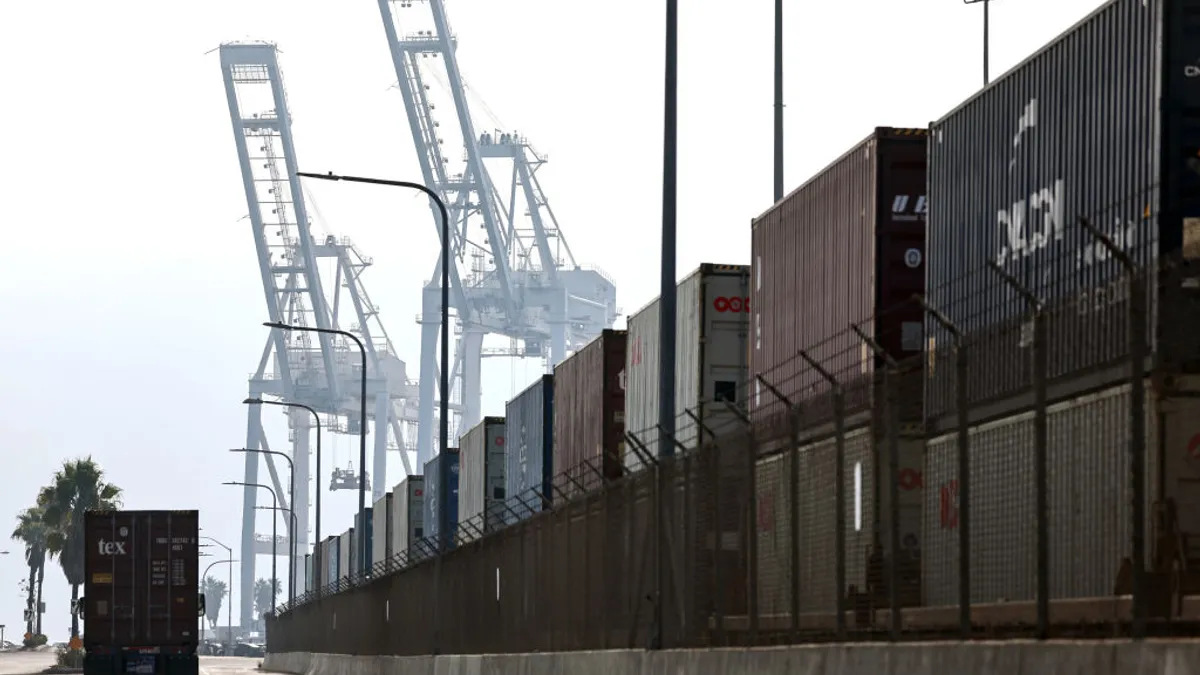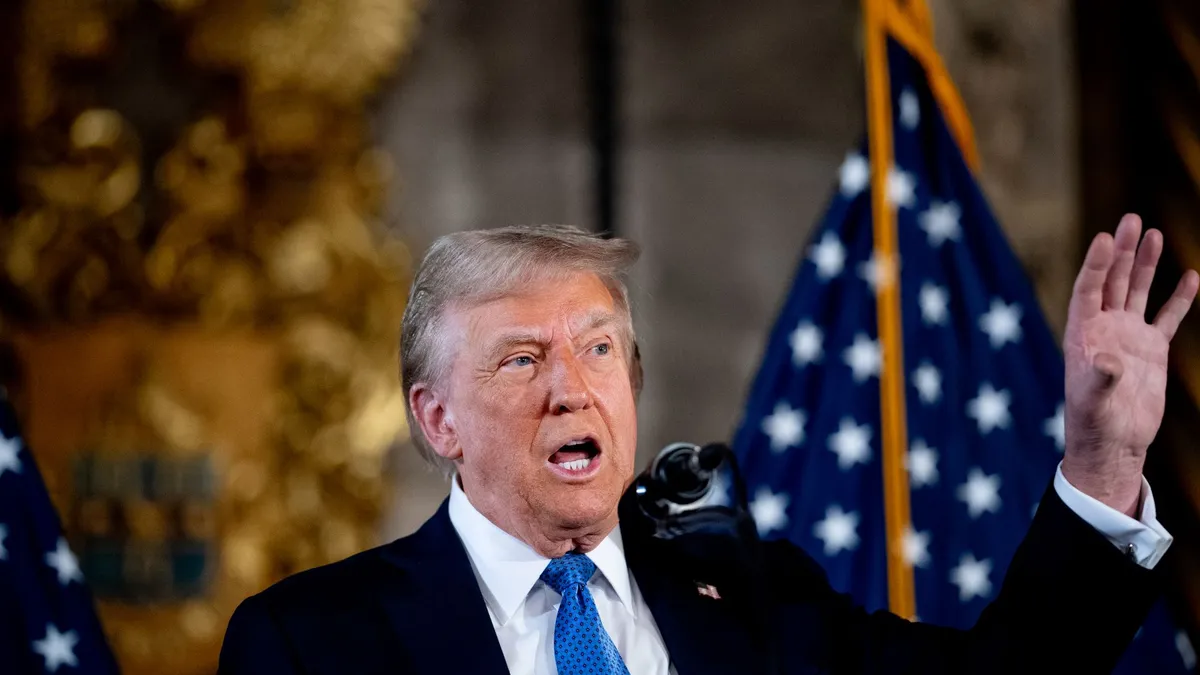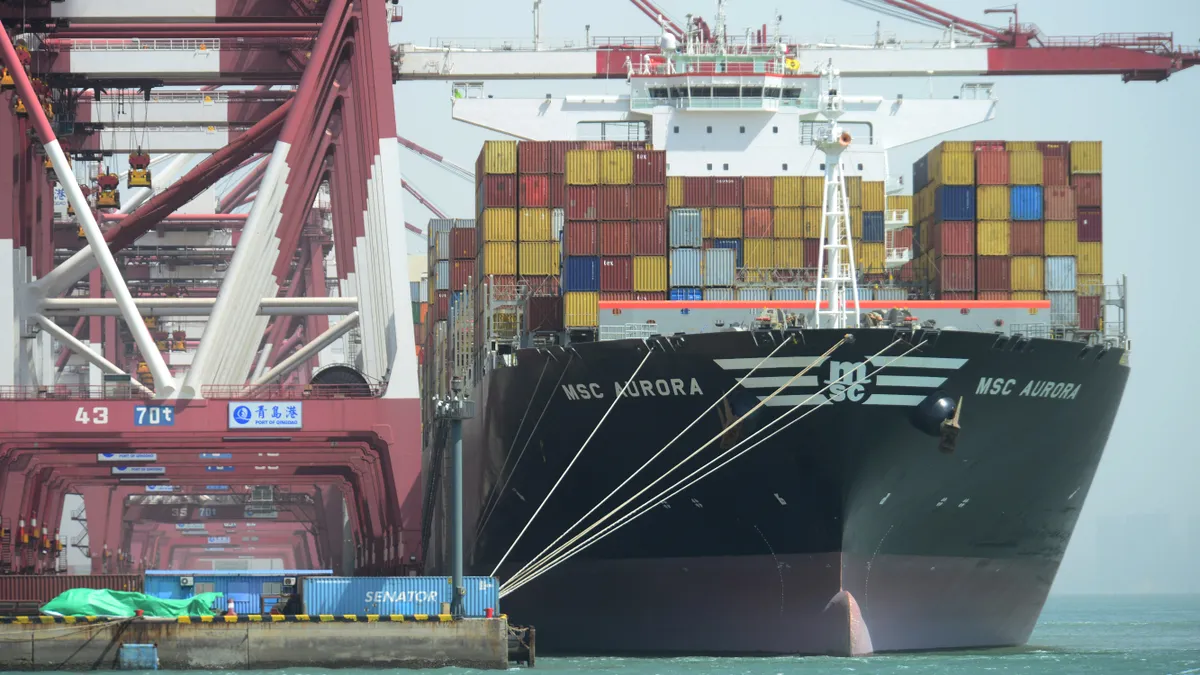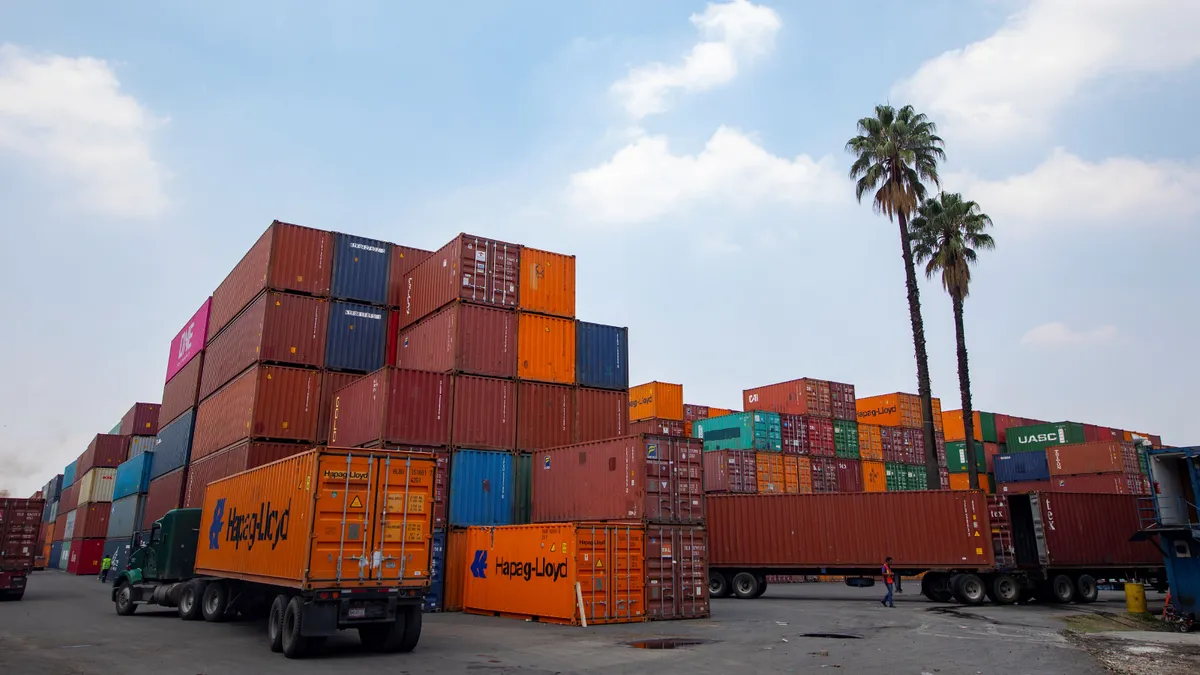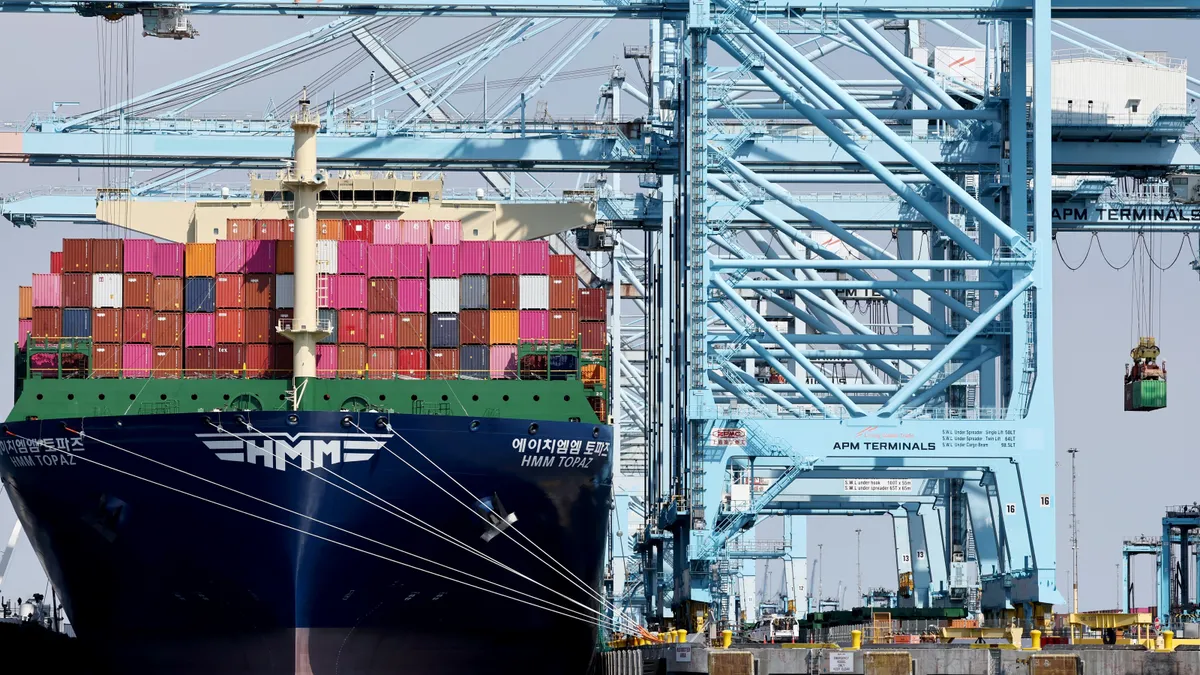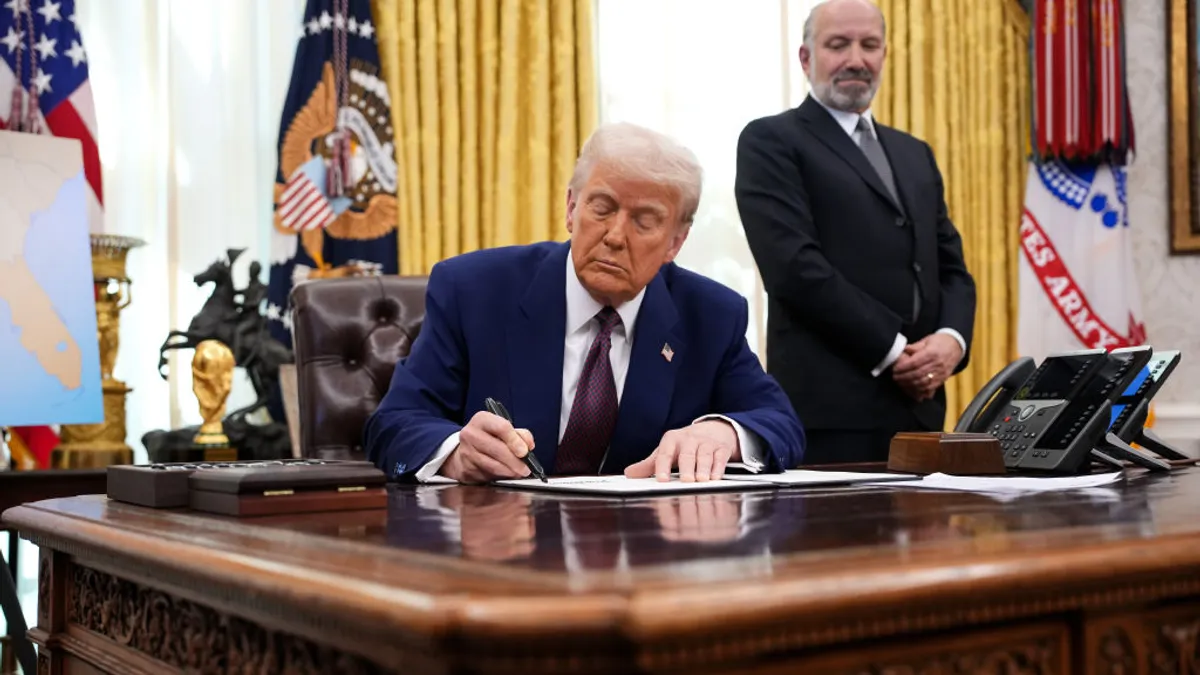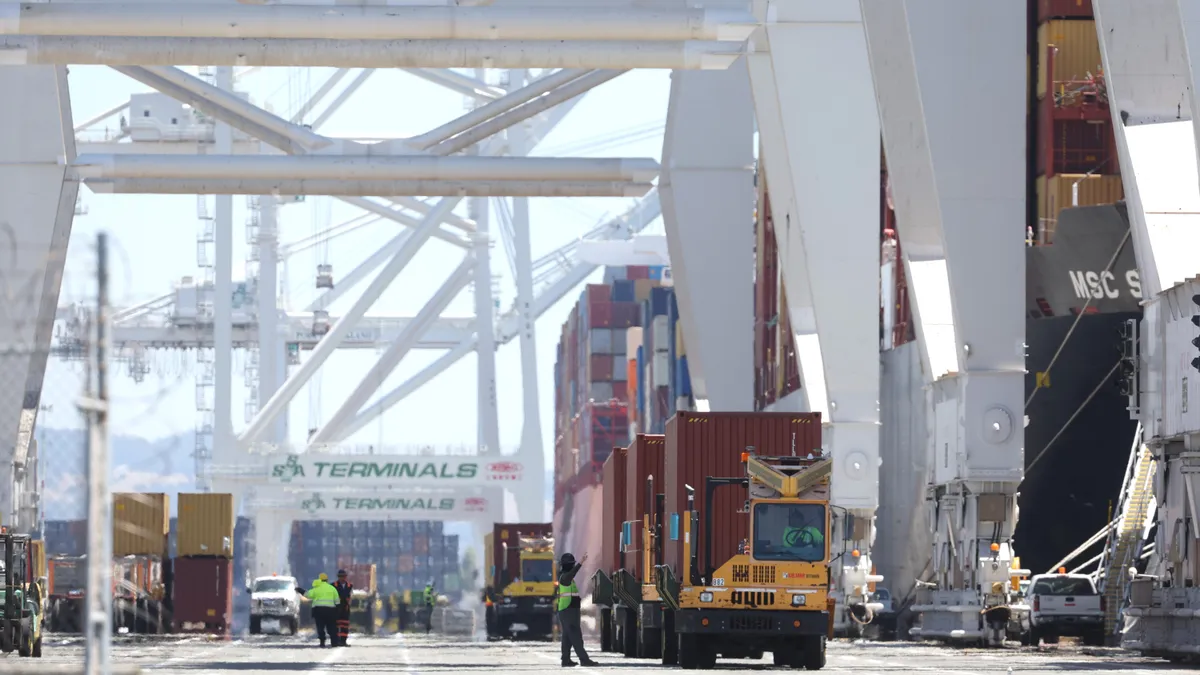China’s Ministry of Commerce on Tuesday added Illumina, a maker of DNA sequencing systems, to its unreliable entity list as trade tensions with the U.S. flared.
China also placed fashion group PVH on the list. The actions appeared to be a countermeasure to President Donald Trump’s new 10% tariff on Chinese imports, analysts said. China’s response included retaliatory tariffs on imported U.S. energy products, vehicles and farm equipment and an antitrust investigation into Google.
Listing Illumina as an untrustworthy supplier could drive domestic demand toward Chinese sequencing companies, Harvard Business School professor Willy Shih said in an interview.
“Another way of thinking about that is, they want to give headroom for their domestic competition,” Shih said, adding that targeting Illumina appeared “very strategic.”
Illumina faces stiff competition in China from Chinese genomics company BGI, said Leerink Partners analyst Puneet Souda. Illumina’s revenue from China, at about 7% of the company’s total, has declined for six quarters due to national policies favoring BGI instruments, Souda said.
“Though retaliatory tariffs were already expected, the placement on the Unreliable Entity List poses risk to [Illumina’s] instruments and consumables manufactured in the [U.S.], Singapore and Taiwan,” Souda wrote in a note to investors.
Illumina’s shares fell more than 5% Tuesday on the Nasdaq.
In naming Illumina and Calvin Klein parent PVH to the list, China accused the companies of violating standard market trading principles and adopting discriminatory measures against Chinese businesses.
An Illumina spokesperson, in an emailed statement, said the company has a long-standing presence in China, where it serves the local market. “Wherever Illumina operates, we comply with all laws and regulations,” the spokesperson said. “We are assessing this announcement with the goal of finding a positive resolution.”
Canaccord Genuity analyst Kyle Mikson noted BGI has been placed on U.S. trade blacklists in the past. The unreliable entity list aims to protect China's national interests and is in line with international practices, Mikson said.
The implications of the decision to place Illumina on the list and the timing of a resolution are unclear, but potential restrictions on Illumina’s sequencing business in China could be material, Mikson wrote in a report to clients.
“In our view, Illumina's revenue from China will likely be challenged for the foreseeable future,” the analyst said.
While the U.S. tariff on China went into effect, Trump paused tariffs on imports from Canada and Mexico for a month to continue negotiations over border security.

